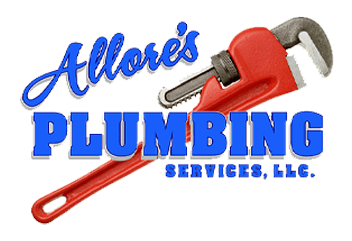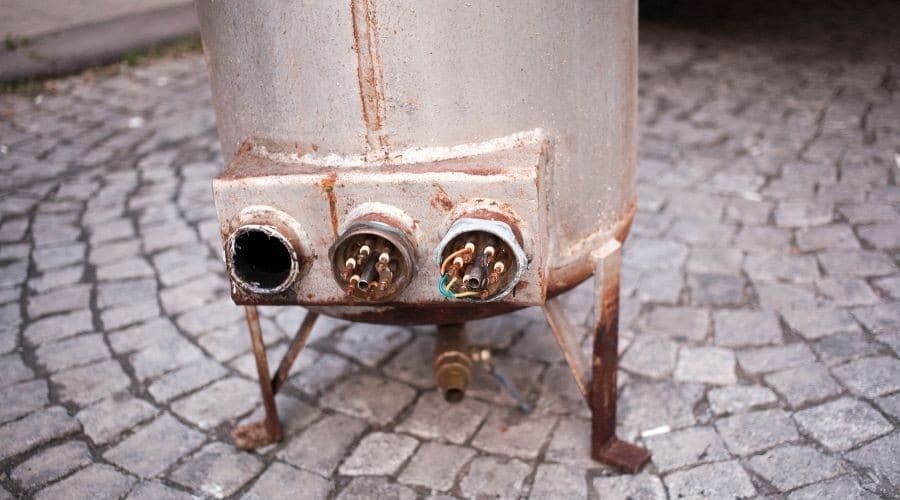When Is the Right Time for a Water Heater Replacement?
Breaking up is hard to do – it’s one of those age-old facts. And it doesn’t just apply to romantic relationships that aren’t going anywhere or fling that have lost their spark. It can also be true for the often complicated relationship between a homeowner and their water heater.
Not only can it be painful in a financial sense to break it off with that old water heater, but it can also be difficult to know when the time has come to say goodbye. This article will lay out three of the biggest red flags for homeowners to watch out for when it comes to their water heaters.
The Water Heater Is Getting Old
The first way to tell it might be time to call it quits with the water heater is if the unit is nearing the end of its life expectancy. This number varies depending on the unit type, the quality of installation, and how well it has been maintained, but there are a few general guidelines.
A traditional gas water heater has an expected lifespan of around 8-12 years. The same goes for traditional electric water heaters, though some have been known to last a year or two longer. On the other hand, tankless water heaters tend to last closer to 20 years, whether gas or electric. Of course, regular water heater service will help extend this, but even that has its limits.
The date of installation is typically marked on the manufacturer label on the unit itself. If it was more than 10 years ago (on a traditional unit) or close to 20 years ago (on a tankless unit), it’s a good bet that the unit won’t last much longer, especially if it’s been acting up lately.
The Water Heater Has Sprung a Leak
If the water heater is leaking, it may be something as simple as a loose pipe fitting or a faulty T&P (temperature and pressure) relief valve. But it could also be something much more serious, such as a crack or pinhole leak in the tank itself. A leak could indicate mineral deposits or corroded pipes in a tankless unit. Still, leaks are much less common on tankless units, especially if they’re nowhere near the end of their life expectancy.
On a traditional unit, a leaking water tank is usually the result of corrosion eating away at the tank wall or sediment collecting in the bottom of the tank and causing cracks. In either case, once the tank itself is compromised and springs a leak, it will need to be replaced, and it will simply be more cost-effective to replace the entire unit.
The Water Heater Just Won’t Work Properly
For instance, if an electric heating element burns out or breaks, another element may work harder to compensate, degrading efficiency and driving up energy costs. And if the unit is older, it may make more sense to upgrade than to shell out for a new heating element.
In some cases, the unit or tank may not be the appropriate size for the home, either because the original water heater installer miscalculated or the household needs have changed since the unit was first installed. In this case, upgrading to a properly sized unit can drastically improve efficiency.
About Allore’s Plumbing Services LLC
Allore’s has been the go-to plumbing company in their community for over 30 years. As an award-winning and consistently 5-star rated local business, they guarantee 100% satisfaction on every single job. Their friendly, trustworthy experts are available 24/7, so don’t wait to call Allore’s for water heater installation in Stuart, FL.
Distribution Links +
- htv10.tv
- rfdtv.com
- snntv.com
- central.newschannelnebraska.com
- metro.newschannelnebraska.com
- southeast.newschannelnebraska.com
- midplains.newschannelnebraska.com
- northeast.newschannelnebraska.com
- plattevalley.newschannelnebraska.com
- panhandle.newschannelnebraska.com
- rivercountry.newschannelnebraska.com
- wpgxfox28.com
- lifestyle.mykmlk.com
- wtnzfox43.com
- lifestyle.3wzfm.com
- lifestyle.southernsportstoday.com
- lifestyle.thepodcastpark.com
- lifestyle.680thefan.com
- lifestyle.xtra1063.com
- lifestyle.953hlf.com
- lifestyle.rewind1019.com
- lifestyle.us983.com
- lifestyle.countrylegends1059.com
- lifestyle.967wshv.com
- lifestyle.1045thedan.com






